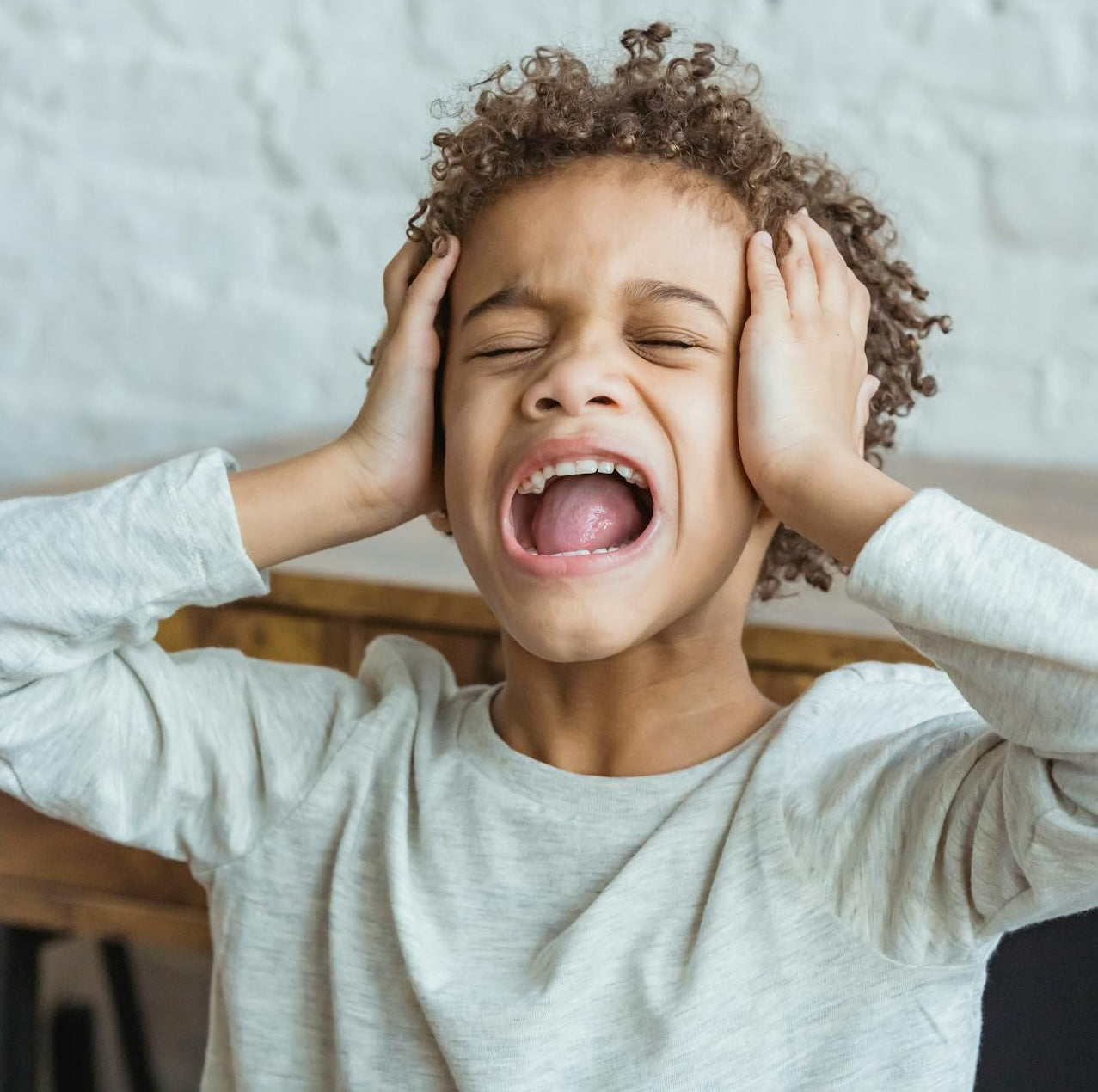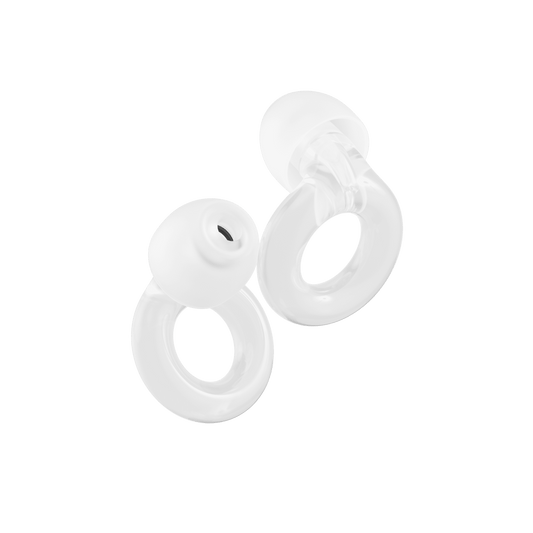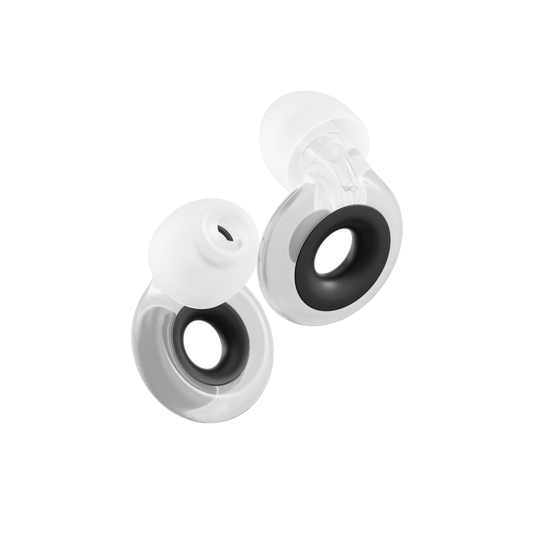Phonophobia is the fear of loud noises. If you find yourself feeling particularly anxious when around loud traffic, feel a rising sense of panic when you know there’s going to be a fireworks display, or get sweaty palms at parties, you may have a phobia of loud noises.
But we’re here to help. If you have phonophobia, you’ll find plenty of tips and tricks on this page, including coping strategies to help reduce the overwhelm.


What is phonophobia?
Phonophobia is an intense fear of sound. No one particularly likes loud noises, but phonophobia goes beyond that, with sufferers often experiencing anxiety, panic attacks and an overwhelming sense of dread when faced with loud noises.
Triggers vary from person to person, but could include specific loud noises like car alarms or fireworks, as well as more general everyday sounds, like drilling during roadworks or the sounds of city traffic.
What causes phonophobia?
As with most phobias, as well as other noise sensitivities like misophonia, the exact origin of phonophobia is hard to pin down.
People with a family history of mental health issues, like anxiety and depression, may be more likely to develop phonophobia. It may also stem from a traumatic incident, particularly one which happened in childhood. And the condition is also slightly more common in people with autism.
In some cases, phonophobia may be a side effect of another condition, such as a traumatic brain injury, migraines, or Kleine-Levin syndrome, a rare disorder that causes periods of excessive sleepiness.
The key symptoms of phonophobia
Phonophobia symptoms vary from person to person. The main symptom is, of course, an overwhelming fear of sounds, but other symptoms may include:
- Panic or anxiety attacks
- Symptoms of anxiety including excessive sweating, irregular heartbeat and dizziness
- An upset stomach and nausea
- An intense desire to escape from the source of the noise
For people with phonophobia, the condition can be debilitating. It’s tempting to hide away from your day-to-day life in order to avoid encountering triggering sounds. That means sufferers often end up isolated, and may find it difficult to carry out everyday activities.
Featured article


How to overcome phonophobia
Left unchecked, phonophobia is a condition that can truly affect your quality of life. But when tackled head-on, the condition is actually highly treatable, and handling it can become a simple part of your daily routine.
More phonophobia articles:

It’s not you: 7 things you might not even realize are symptoms of noise sensi...
Feel a sudden urge to leave the room? Avoiding the next family gathering? Can’t concentrate at work? You may not even...

How To Cope With Noise Anxiety
Struggle with noise? Learn how to cope with noise anxiety and reclaim your peace of mind with our actionable tips.

Noise Cancelling Ear Plugs For Noise Sensitivity
Noise sensitivity can cause serious distress and social anxiety. For many people, this means they are forced to wear ...








































